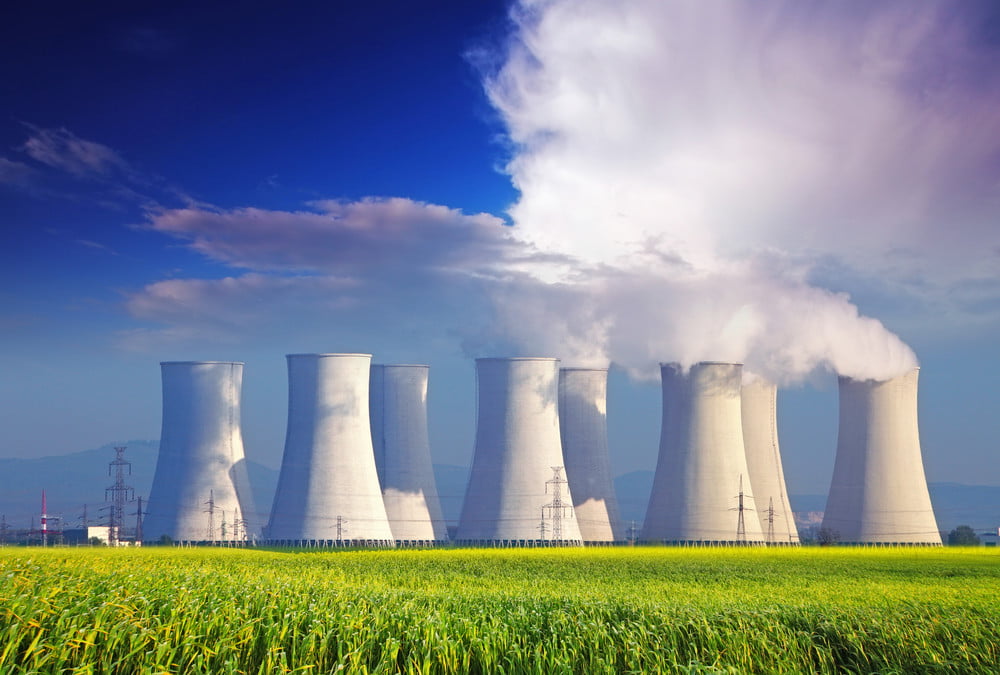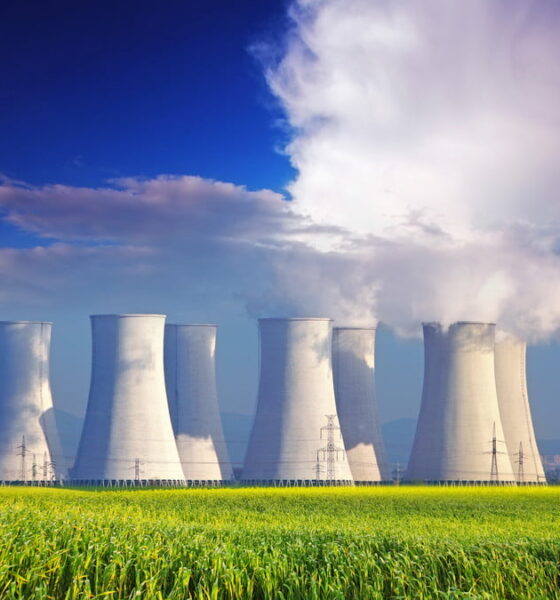

Editors Choice
10 Facts About Power Plant Pollution And What Can Be Done About It
Most of the power plants in the world burn fossil fuels such as oil and coal are generally very bad for the environment. If you are serious about sustainability, then these types of fuels should be avoided at all costs. The used fuels come in limited supply and are known to cause human and environmental risks. Even though a growing number of new regulations have helped reduce the pollution problem to a moderate degree, air and water pollution, heavy metals, water usage, and other power plant issues continue to contribute to the ongoing pollution problems. In this article, we will layout ten major findings that put it all in perspective, and later we will focus on the best solutions available to address this harmful practice.
- As of 2019, there were approximately 9,720 power plants scattered throughout the country. Many of these plants have powerful generators that can create at least 1 megawatt of power. A given power plant may use multiple generators that use at least one form of fuel.
- Fuels made from fossils make up about 67% of all energy produced in the United States.
- Particles released from coal-burning power plants can cause various health problems such as asthma, bronchitis, and other respiratory diseases. These particles are chosen due to their ability to bond with sulfur dioxide.
- During coal combustion, mercury is being released. Power plants are responsible for half of the mercury in the atmosphere, as well as 75% of acidic gases. In its vaporous form, mercury is considered as a highly toxic substance, and it can quickly permeate water. Bacteria can transform it into a neutral toxin known as methyl mercury. Methyl mercury is known to cause seizures, cerebral palsy, and can even cause death.
- A coal plant releases many harmful pollutants. Lead, uranium, and carbon monoxide are the most dangerous elements that it creates. Also, 220 tons of hydrocarbons are also released, which trigger reactions that form ozone at low altitudes. The average power plant also releases about 225 pounds of arsenic per year, a very carcinogenic compound that affects drinking water when present.
- An uncontrolled power plant may discharge polluted water. Since many of the plants are placed near huge water capacities for cooling matters, billions of gallons are used daily. Once used, the water may be delivered back in the rivers, lakes or sea, creating warm plumes that can starve aquatic life of oxygen in summer and trap species in ice-free areas during the winter. Discharged water can also contain chlorine and heavy metals.
- Power plants emit more pollution than cars. According to a report by Environment America, power plants emit three times as much pollution as cars. Most of these pollutants come from coal plants built before 1980.
- Older power plants emit more pollution. As recently built and modern power plants tend to use renewable energy sources, the biggest problem remains with the older power plants that are still active and produce electric energy mostly by burning fossil fuels.
- Coal are the most dangerous forms of power. Hydroelectric power is also very bad for the environment. According to an analysis from Business Insider, the most dangerous type of power plant is coal since it accounts for 2.8 to 32.7 deaths per 10 kilowatt-hours. Hydroelectric power plants cause 1.0 to 1.6 deaths per the same amount of kilowatt-hours, while nuclear power is less deadly than most other sources.
- Decreased power plant emissions have cut acid rain. Rigorous restrictions on air pollution have helped curb the acid rain problem. This is because they have reduced the amount of sulfur dioxide entering the atmosphere.
What Can Be Done About The Pollution Caused By Power Plants?
Industry pollution takes on many different faces. It definitely contaminates the air we breathe, tons of drinking water sources, and decreases the quality of soil around the globe. Air pollution is considered to be the biggest threat to life on earth. Let that sink in.
To fight the crisis, nations, companies, and government bodies worldwide are actively looking for ways to reduce the effect of pollutants produced by power plants and other industrial facilities. In the modern era, owners and power plant operators have a range of systems available to reduce pollutants coming from their plants. As regulations have changed and upgraded during the years, the technologies available for reducing power plant pollution have also evolved.
- Converting the plant from fossil fuels to alternative green energy biomass sources for industrial boilers is one of the most efficient ways in which a power plant can reduce the pollution it certainly creates. Industrial boilers are massive player in converting energy plants from coal, natural gas, and other sources to alternative green energy sources. The use of such boiler systems is extra beneficial as it uses forest, agricultural, industrial, and urban residues and wastes to produce heat and electricity with far less effect on the environment than fossil fuels. These biomass boilers meet all EPA emissions standards and trends as well.
- Clean coal technology is another honorable mention while fighting power plant pollution and emissions. This technology allows older coal-burning power plants to produce electrical energy in an environmentally responsible manner using multiple techniques to clean coal and contain emissions.
- The latest software technologies may also play a pivotal role in reducing the pollution caused by power plants. For instance, advanced process control can improve coal combustion efficiency and the power plant’s generation capacity while also cutting emissions. It may take care of combustion and cooling much better than any other conventional control systems methodology. This way, the plant operator will be able to run the units, turbines, and all related systems with much lower variability and much closer to designed specifications by legislators.


 Environment12 months ago
Environment12 months agoAre Polymer Banknotes: an Eco-Friendly Trend or a Groundswell?

 Features11 months ago
Features11 months agoEco-Friendly Cryptocurrencies: Sustainable Investment Choices

 Features12 months ago
Features12 months agoEco-Friendly Crypto Traders Must Find the Right Exchange

 Energy11 months ago
Energy11 months agoThe Growing Role of Solar Panels in Ireland’s Energy Future





























